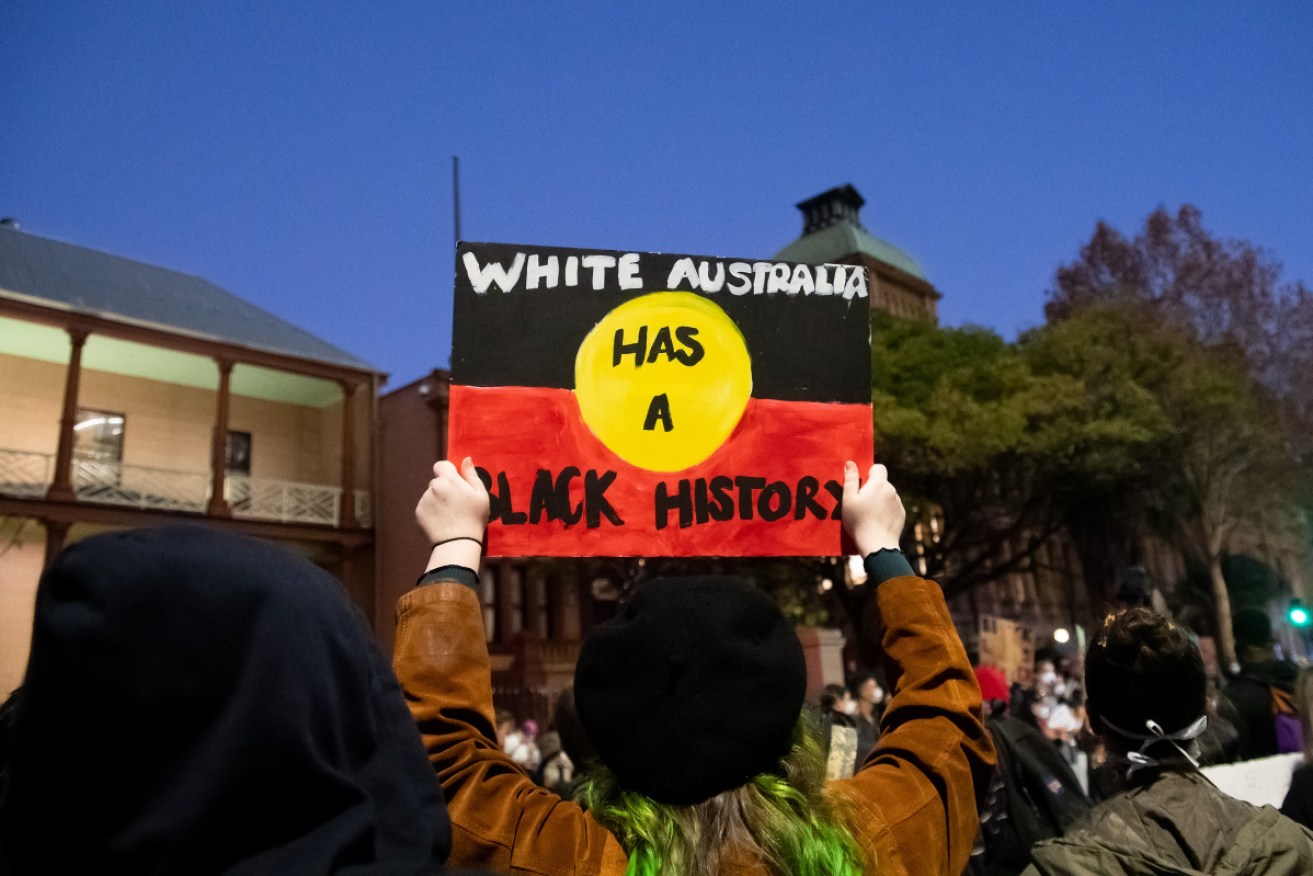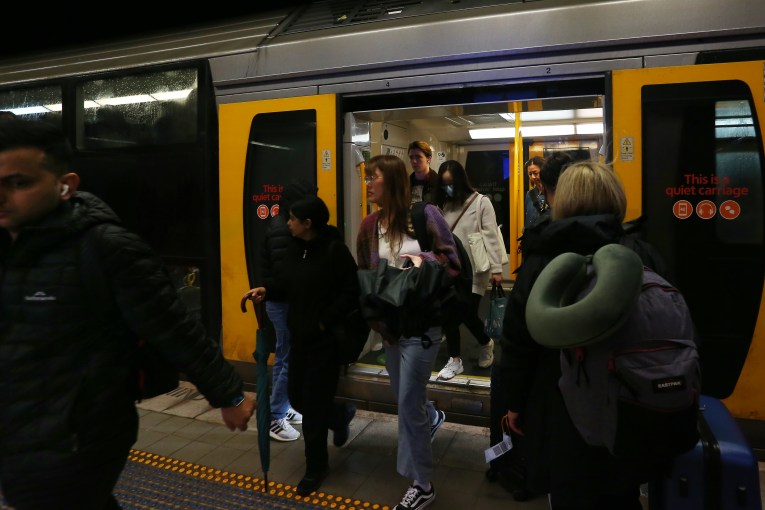Anne Aly: Australia must do better when it comes to systemic racism


Systemic racism differs from casual or direct racism, and it exists in many of Australia's institutions, from football clubs to federal parliament, writes Anne Aly. Photo: Getty
As a young girl growing up in the western suburbs of Sydney, I never imagined that there were things I couldn’t do when I grew up. Those things changed quite frequently – I wanted to be a teacher, then a writer, a journalist, a film director, an astronaut, a paranormal scientist (don’t ask, it was a phase) or a lawyer.
It wasn’t until I was in my late teens that I realised there were limits to what I could do. Not my limits – I’ve always prided myself on my strong work ethic and believed in my own abilities – but limits that were set by a society and institutions that, albeit unknowingly, meant the colour of my skin, my gender and my ethnicity would be a disadvantage.
I’ve worked hard to overcome many of those barriers, but as any person who has experienced any form of discrimination will tell you – you have to work 10 times harder, be 10 times better and (at least) 20 times louder.
It’s a sad and uncomfortable truth that systemic racism exists in many of our institutions. It’s not just football, as the report into systemic racism at the Collingwood Football Club has revealed.
Systemic racism in Australia exists in many of our institutions – not least politics.
Any person of colour who looks at our parliament and does not see themselves reflected in the composition of our national leadership knows this truth.
The Collingwood Report has garnered much media attention. Much of that attention has been on the pretty deplorable response by Eddie Maguire.

Instead of focusing on Eddie McGuire’s ‘pretty deplorable’ response, we should take the opportunity to really talk about systemic racism in Australia. Photo: Getty
But in focussing so much on that we might be missing an opportunity to talk – really talk – about systemic racism and how it differs from casual or direct racism. Here’s the thing – if I’m out walking my dog in the local park and someone delivers a racial slur in my direction, I can walk away (which I often do) or I can respond with something equally offensive (which I have occasionally done). Either way it is my choice. I have power and agency in how I respond.
Systemic racism is different. I have no power when it comes to the systems and structures that, by their very design, lead to discrimination in employment, housing, health care, education and political power. I have no power over processes and practices that put the needs of people of colour and Indigenous people at the bottom of the pile – as if we are some kind of afterthought.
Systemic racism is perpetrated by some very nice, very good, very caring people.
Often these people think they are ‘woke’ to racism and its impacts, they declare that they are allies to people of colour and Indigenous Australians, but they are part of a system that rips the microphone away from us, tokenises our participation and locks us out of their power structures. Not by individual fault – but by design.
The Collingwood Report exposed systemic racism in the absence of any accountability or consequences for incidents of racism.
The failure of institutions to deal with complaints of racism and a culture of racist behaviour is just one of the ways systemic racism exists. It exists in many other ways too.
It exists in the exclusion of people of colour from decision-making structures. In the lack of racial and ethnic diversity in business and political leadership. In the unwillingness to collect data on race or ethnicity in the composition of workforces or client services. In the over-representation of Indigenous Australians in the justice system and their under representation in higher education.
I was 18 when I was told that I couldn’t teach white children because of the colour of my skin.
It wasn’t the first time someone told me I couldn’t do something but it was the first time my skin colour came into it. I was in my early twenties when a judge told me that I shouldn’t seek a violence restraining order because “surely your culture has ways of dealing with this”.
I was in my 30’s when I was overlooked for a promotion because “a white male would be better received”. And through all those decades I’ve had all kinds of racial slurs thrown my way. It is exasperating to constantly have to fight racism – it wears you down.
But it’s the invisible kind of racism that is the most exhausting and the most difficult to confront.
The report into systemic racism at the Collingwood Football Club is simply titled “Do Better”. That’s a good place to start. Australia, we must all do better.
Anne Aly is a federal Labor MP and the Member for Cowan in Western Australia. Prior to entering politics Dr Aly was a professor at Edith Cowan University and is an internationally renowned expert in counter-terrorism and counter radicalisation.








